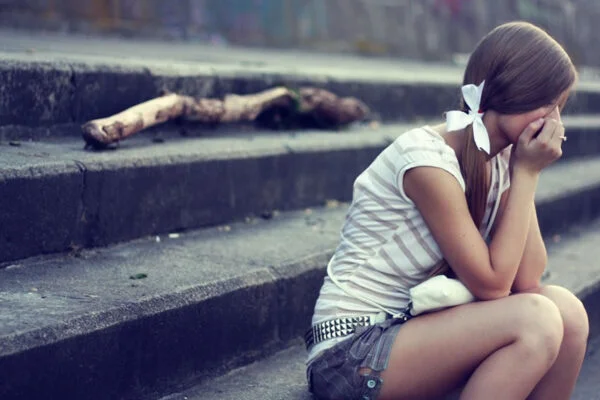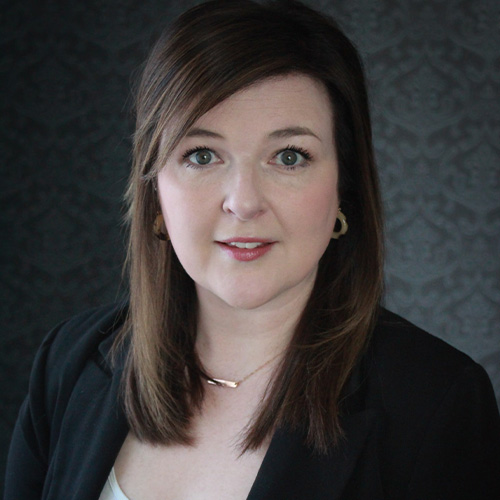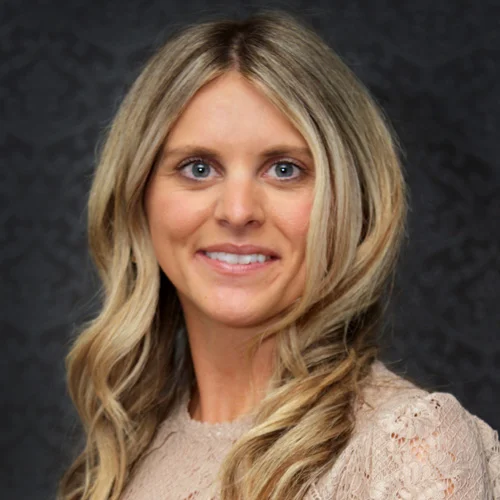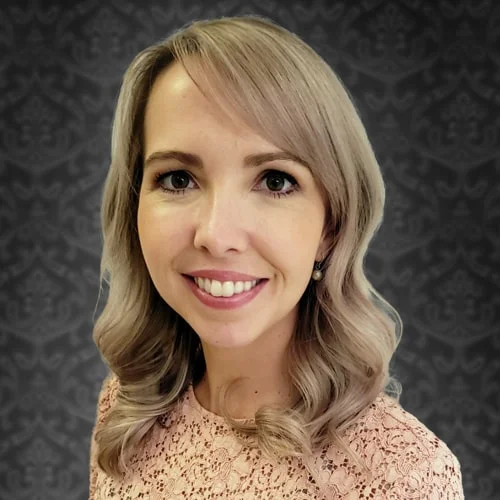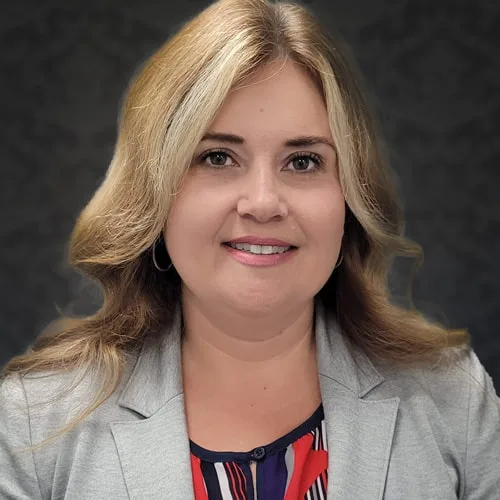Traumatic events such as sudden illness, assault and personal injury can leave individuals feeling overwhelmed. Speaking with one of our professional trauma counsellors in St. John’s can help you address the symptoms that accompany trauma, including depression, difficulty sleeping, anxiety, guilt, flashbacks or nightmares.
Therapy can provide you with the opportunity and support to work through trauma and come to terms with how your life, outlook and values may have changed. Counselling sessions allow you time to reflect on what you’ve learned from your experience, process the events, and rebuild your life in a positive way.
Trauma is often the result of …
- accidents
- first-responder service
- personal Injury
- abuse
- assault/burglary
- loss & bereavement
- childhood events
- military service
- natural disasters
- witnessing acts of violence
Emotional & Psychological Symptoms Include:
- nightmares and flashbacks
- shock, denial or disbelief
- anxiety, panic and fear
- guilt, shame and self-blame
- feeling sad or hopeless
- mood swings
- withdrawing from family and friends
Physical Symptoms Include:
- trouble sleeping or insomnia
- muscle tension
- digestive issues
- sweating
- fatigue
- racing heart
- feeling jumpy
Benefits of Therapy After Trauma
Talking with a professional trauma counsellor can help you:
- process events in a safe, confidential setting
- deal with trauma related nightmares and flashbacks
- reduce symptoms of trauma, including depression and anxiety
- learn coping strategies and tools
Trauma in Children
Children can also experience trauma. Most of the time, their reactions are similar to those in adults, but there can be differences. Young children may tend to reenact themes related to the trauma during play. Other times, young children may seem to take steps backwards in areas such as toileting and language development. While not always related to experiencing a traumatic event, some additional ways in which trauma can be expressed by children include:
- complaining of stomach pains or headaches
- increased fear of being alone, the dark or monsters
- issues with temper and anger at daycare or school
- hyperactivity to the point where they find it difficult to sit down
